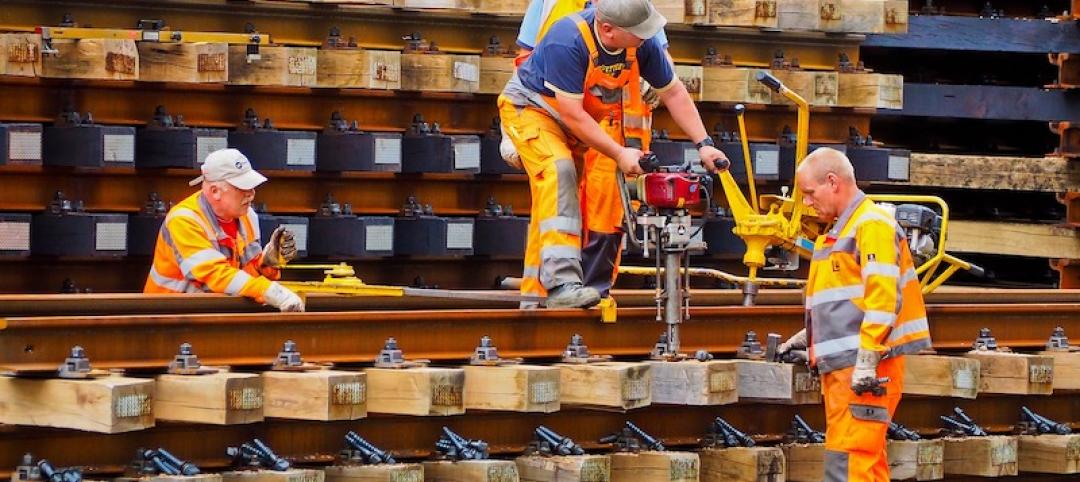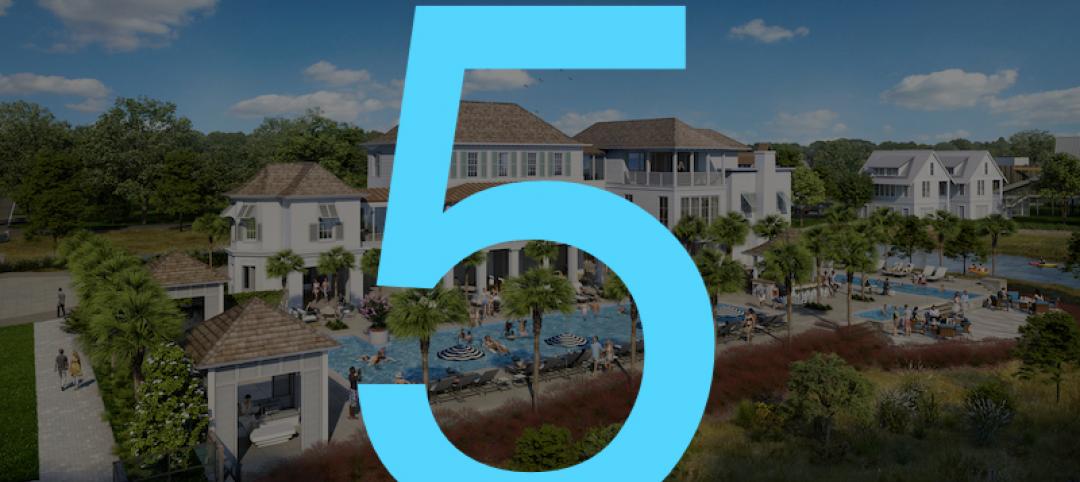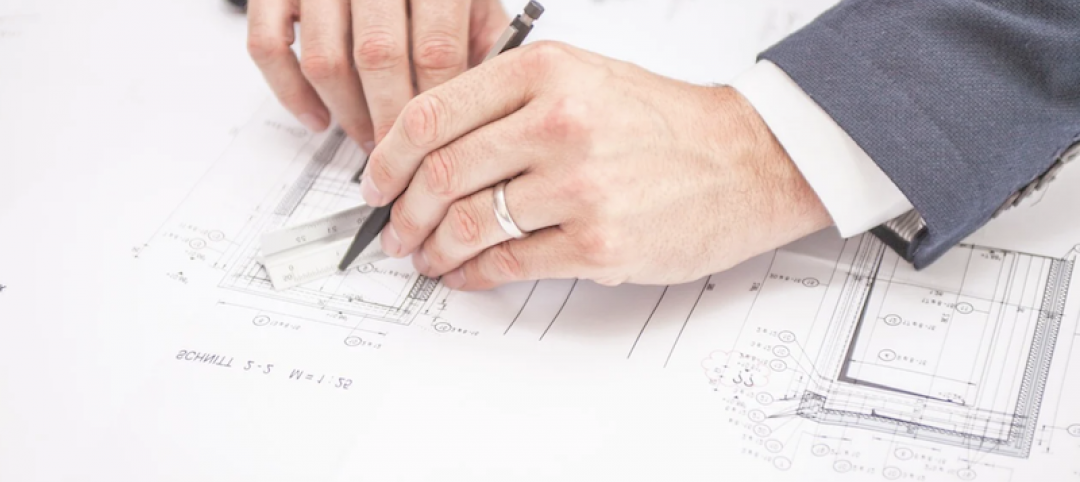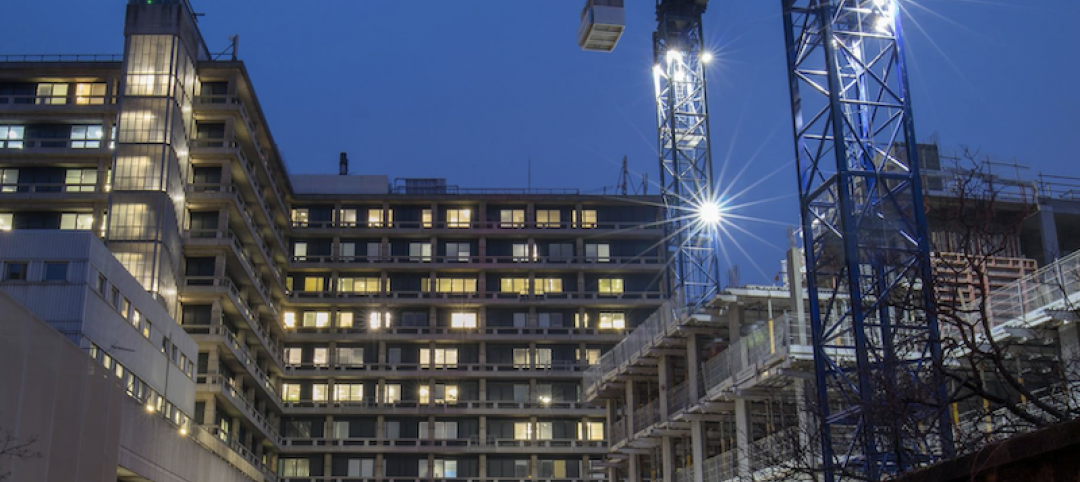In a recent White Paper prepared by GlobalData for INTERMAT ASEAN 2018 and Concrete Asia 2018, the region’s trade shows for construction, infrastructure, and concrete sectors, it was revealed that construction output in the member states of the Association of South-East Asian Nations (ASEAN) would expand by over 6% yearly on average during 2018–2022.
Danny Richards, GlobalData’s Lead Economist for Construction Industry says:
“The South-East Asia region continues to develop at a rapid pace, with economic growth projected to reach an annual average rate of 5.1% during 2018–2022, the fastest among all global regions, and an acceleration from the healthy rate of 4.8% recorded in the past five years. Much of this growth is being driven by investment in new infrastructure, while increasing domestic demand is driving the expansion in construction of buildings across the residential and non-residential sectors.
See Also: July architecture firm billings remain positive despite growth slowing
“Although there are disparities in the pace of growth in construction output among the ASEAN member states, the region’s construction industry as a whole will grow by 6.1% on an annual average basis in the next five years. This is marginally behind the projected growth of 6.5% in the thriving emerging markets in the Middle East and Africa, but the ASEAN region presents investors and developers with a lower level of risk of projects being put on hold or cancelled, according to GlobalData’s Construction Risk Index.
“Reforms to encourage Public Private Partnerships (PPPs) are almost universal across the ASEAN region. The Philippines, Myanmar, Laos and Vietnam have undergone reforms to create more accessible markets for private sector investment in construction through PPPs. Indonesia has undergone similar reforms, expanding the construction sectors eligible for PPPs and increasing incentives to invest. Land ownership is another area that is under reform. Once a notoriously difficult process, acquiring land in Indonesia is now much fairer and more transparent. Vietnam has also implemented an initiative in which foreign investors are allowed to acquire land and hold a majority stake in a commercial or residential project.
“According to GlobalData, the combined value of mega-projects (with a minimum value of US$25m) across ASEAN stands at US$2.9 trillion. This includes all projects from the announcement stage to execution. An analysis of the pipeline by stage reveals that the region provides huge opportunities with respect to a large volume of early stage projects. Just under US$1.5 trillion of projects are currently in the planning and pre-planning stages, suggesting significant construction spend is to occur for some time.”
Related Stories
Market Data | Sep 3, 2020
6 must reads for the AEC industry today: September 3, 2020
New affordable housing comes to the Bronx and California releases guide for state water policy.
Market Data | Sep 2, 2020
Coronavirus has caused significant construction project delays and cancellations
Yet demand for skilled labor is high, new survey finds.
Market Data | Sep 2, 2020
5 must reads for the AEC industry today: September 2, 2020
Precast concrete tower honors United AIrlines Flight 93 victims and public and private nonresidential construction spending slumps.
Market Data | Sep 2, 2020
Public and private nonresidential construction spending slumps in July
Industry employment declines from July 2019 in two-thirds of metros.
Market Data | Aug 31, 2020
5 must reads for the AEC industry today: August 31, 2020
The world's first LEED Platinum integrated campus and reopening campus performance arts centers.
Market Data | Aug 21, 2020
5 must reads for the AEC industry today: August 21, 2020
Student housing in the COVID-19 era and wariness of elevators may stymie office reopening.
Market Data | Aug 20, 2020
6 must reads for the AEC industry today: August 20, 2020
Japan takes on the public restroom and a look at the evolution of retail.
Market Data | Aug 19, 2020
6 must reads for the AEC industry today: August 19, 2020
July architectural billings remained stalled and Florida becomes third state to adopt concrete repair code.
Market Data | Aug 18, 2020
July architectural billings remained stalled
Clients showed reluctance to sign contracts for new design projects during July.
Market Data | Aug 18, 2020
Nonresidential construction industry won’t start growing again until next year’s third quarter
But labor and materials costs are already coming down, according to latest JLL report.

















